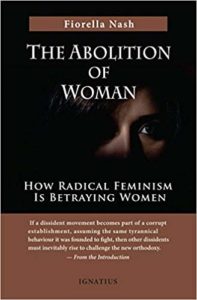Podcast: Play in new window | Download (Duration: 32:18 — 22.3MB) | Embed
Subscribe: Apple Podcasts | Spotify | Amazon Music | Android | Pandora | iHeartRadio | JioSaavn | Podchaser | Gaana | Podcast Index | Email | TuneIn | Deezer | Anghami | RSS | More
St. Gregory of Nazianzus – The Doctors of the Church with Dr. Matthew Bunson
- Born: 329 AD
- Died: January 1, 390 AD
Dr. Matthew Bunson and Kris McGregor explore St. Gregory of Nazianzus (Nazianzen), a doctor of the Church. St. Gregory faced the Arian heresy and a tension between solitude and serving as a priest. His theological contributions include emphasizing “consubstantial” and defending the Trinity. Dr. Bunson highlights his views on Christ’s full humanity, theosis, and the connection between theology and prayer, making special note of Pope Benedict XVI’s insights on St. Gregory as well.
St. Gregory’s teachings provide timeless prescriptions for addressing heresy, offering valuable lessons for today’s challenges in defending the faith.
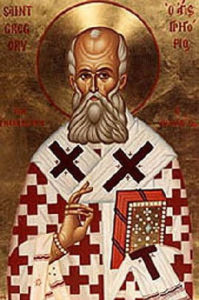
Discerning Hearts Reflection Questions:
- How does St. Gregory of Nazianzus’ struggle between solitude and active service resonate with your own spiritual journey and the challenges of balancing personal prayer with engagement in the world?
- In what ways can St. Gregory’s response to the Arian heresy inspire you to actively defend and uphold the Church’s teachings in your community or personal life?
- Reflect on the significance of the term “consubstantial” in describing the relationship within the Trinity. How does this theological concept deepen your understanding of God?
- Consider St. Gregory’s emphasis on theosis. How can you strive to become more like Christ in your daily life?
- How can you integrate prayer into your study of theology to enhance your relationship with God and the Church?
For more from Dr. Matthew Bunson check out his Discerning Hearts page
Dr. Matthew E. Bunson is a Register senior editor and senior contributor to EWTN News. For the past 20 years, he has been active in the area of Catholic social communications and education, including writing, editing, and teaching on a variety of topics related to Church history, the papacy, the saints, and Catholic culture. He is faculty chair at Catholic Distance University, a senior fellow of the St. Paul Center for Biblical Theology, and the author or co-author of over 50 books including The Encyclopedia of Catholic History, The Pope Encyclopedia, We Have a Pope! Benedict XVI, The Saints Encyclopedia and best-selling biographies of St. Damien of Molokai and St. Kateri Tekakwitha.

 Matthew 28:16-20 –
Matthew 28:16-20 – 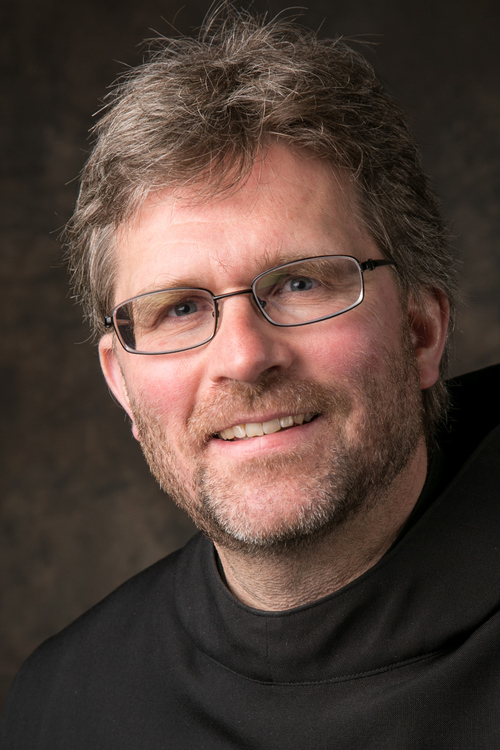
 From the Holy Rule of St. Benedict:
From the Holy Rule of St. Benedict: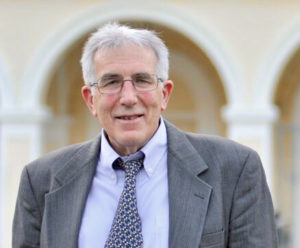
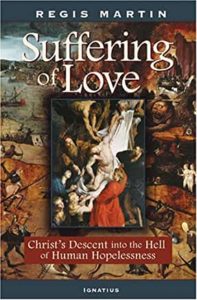
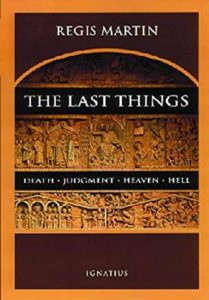
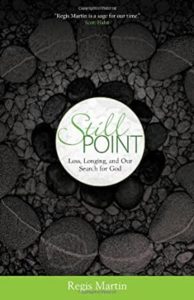
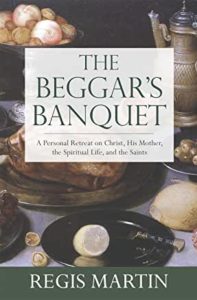
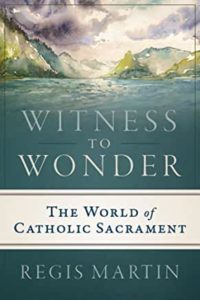
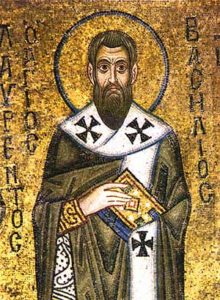
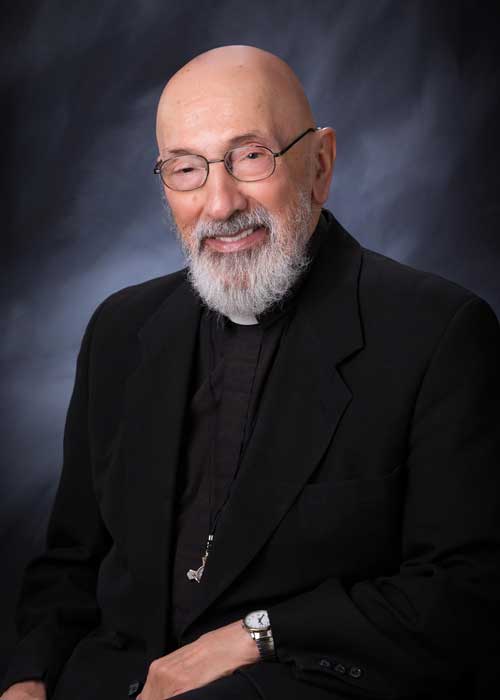 Msgr. Esseff reflects on the gift of counsel and its role in relation to prudence and discernment.
Msgr. Esseff reflects on the gift of counsel and its role in relation to prudence and discernment.


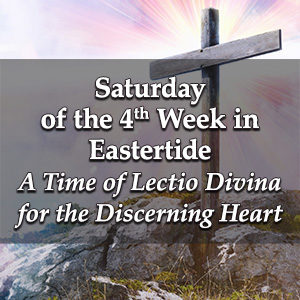 Saturday of the Fourth Week of Eastertide – A Time of Lectio Divina for the Discerning Heart Podcast
Saturday of the Fourth Week of Eastertide – A Time of Lectio Divina for the Discerning Heart Podcast
